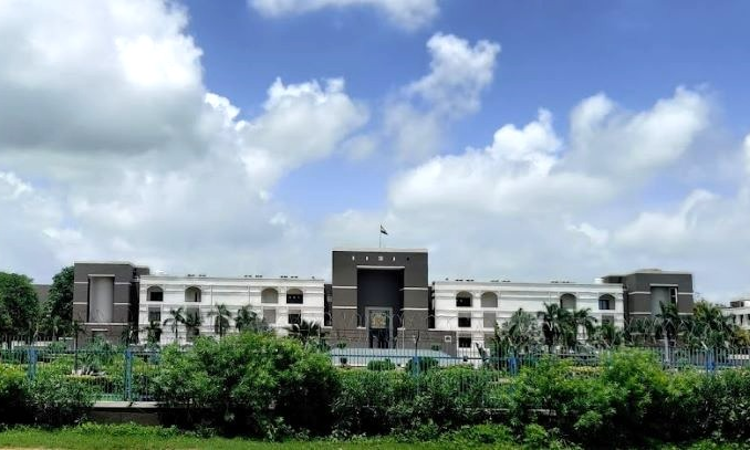Encroachment Over Public Land Can't Be Retained Citing Right To Shelter: Gujarat High Court
PRIYANKA PREET
7 Feb 2022 4:39 PM IST

Next Story
7 Feb 2022 4:39 PM IST
While dismissing a PIL seeking to restrain the Railway authority from evicting slum dwellers until rehabilitation, the Gujarat High Court has held that the right to shelter is not a ground to continue encroachment on a public land.The Bench comprising Chief Justice Aravind Kumar and Justice Ashutosh Shastri recalled the observations made by a previous Bench in this regard: "The...
